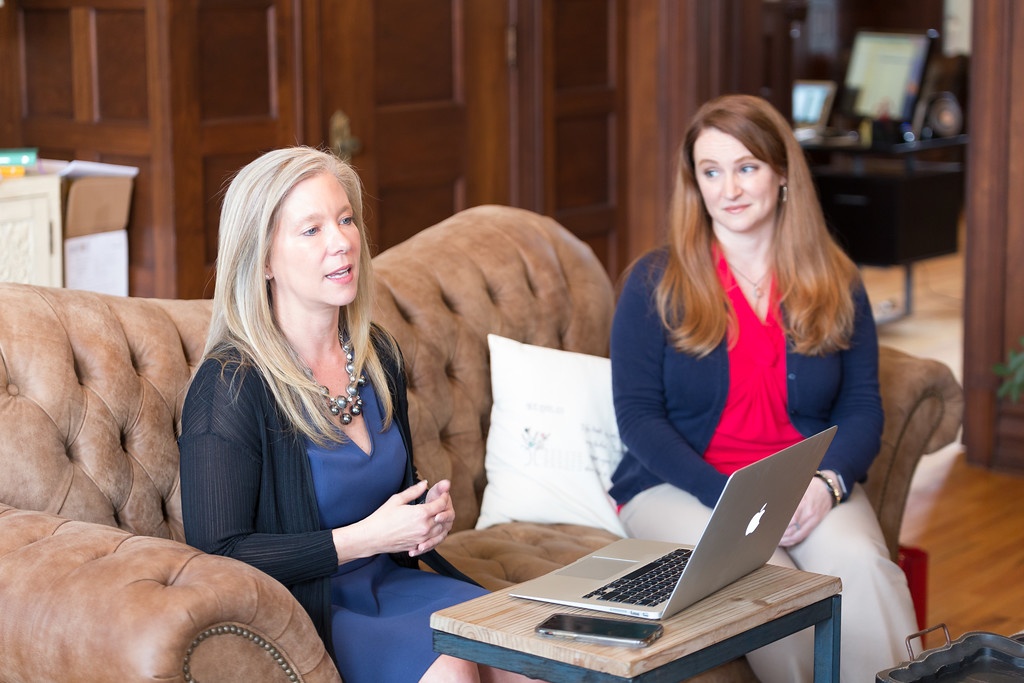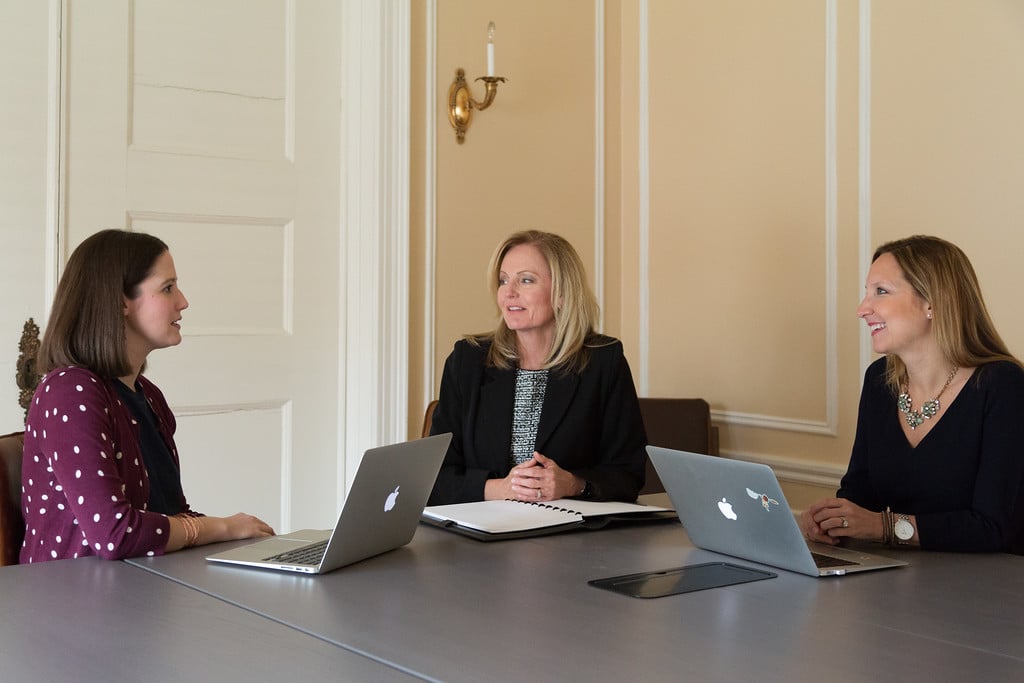Yes, we talked about communication last week, but it’s worth writing a bit more on this topic, because so much is gained and lost in what’s said, not said, missaid, misunderstood, and not conveyed reassuringly, etc.
I’ve been sitting with this blog for over a week now, because, goodness, if you’re going to write about communication, well, you must communicate your thoughts clearly, right?!?!
Good communication starts with preparation. If it’s a new client, research them, know their name, know their company, understand their industry. Before the first call, outline your points of discussion, re-read emails, etc.
On the new client call, lead them clearly through your process. Lead! Don’t let them meander through a narrative. Instead, demonstrate your expertise by asking clear and pointed questions that allow you to move through a narrative efficiently.
However, don’t forget the counterpoint to communication . . . listening, NOT to respond, but to understand. Mirror back to the new client what they’ve shared to demonstrate you’ve been listening and allow them the opportunity to correct any misunderstandings.
Good communication continues to be critical in any ongoing client relationship. It’s the simple things that can make the biggest difference:
- Respond immediately if you can, but in any event, respond within 24 hours.
- It can be as simple as “Received. I’ll get back to you on Tuesday.” “On it. Let me check with my team and I’ll get back to you tonight.”
- After a call/zoom/meeting, make it a part of your process to always send a follow-up email outlining the key points of the discussion.
- If you set a meeting/call/zoom/dinner/drinks/coffee, always send a calendar invite.
- If you have a process for a deliverable, outline it up front in words, and then send that follow-up email to manage/exceed expectations.
- Communicate clearly about money with clients every single time. No invoice should ever be a surprise to a client.
- Follow-up. Follow-up. Follow-up. Your clients are busy. They need your help staying on top of projects. They are grateful for the level of follow-up that might feel like harassment to you. Follow-up. It shows you care about your relationship.
How has communication been critical to your success? I’d love to hear from you! Until next time, put great communication to work in your professional world and enjoy the positive results!







